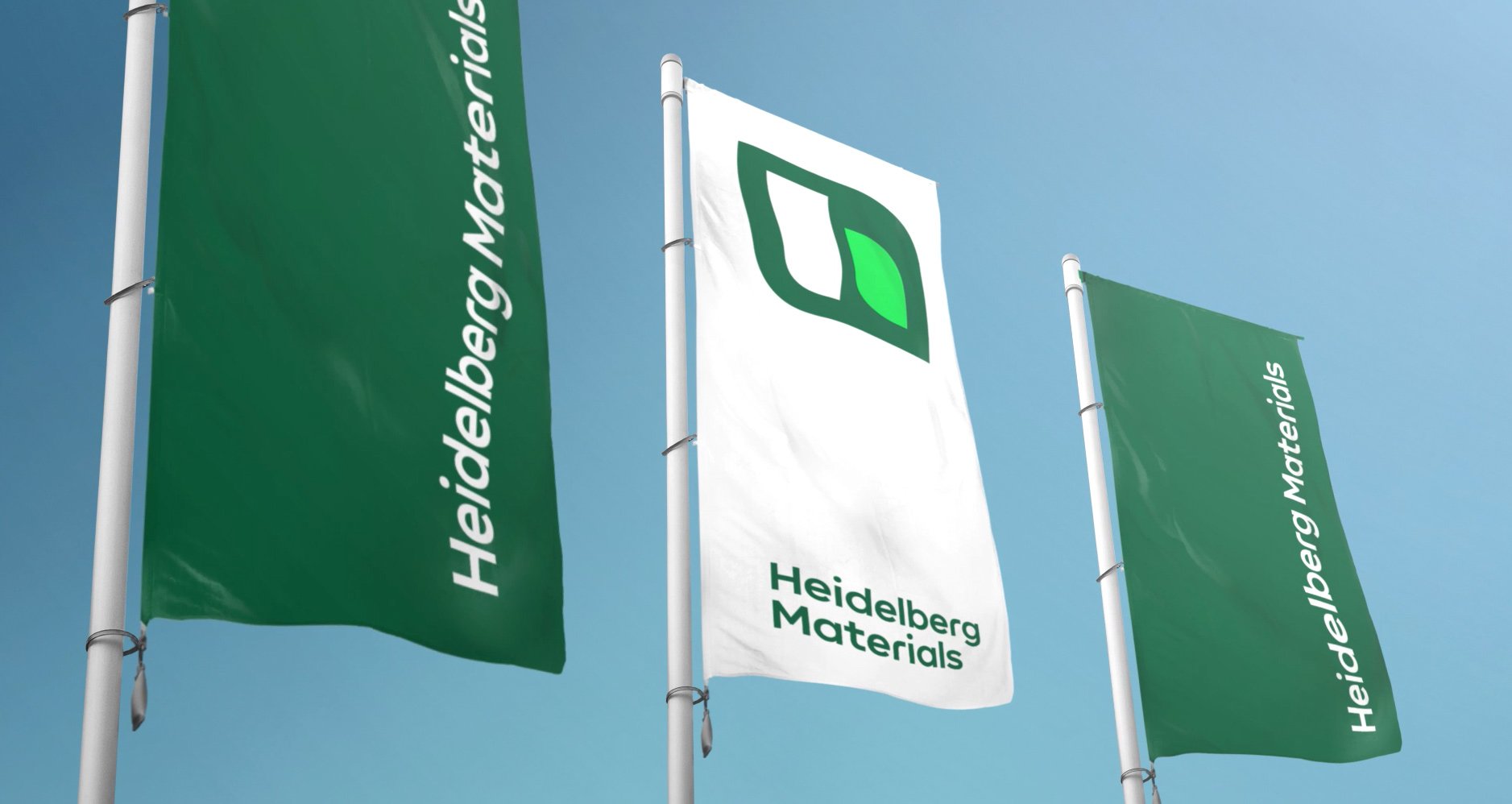Ad-hoc: Revaluation of asset portfolio at HeidelbergCement
-
COVID-19 related revaluation of the asset portfolio of the HeidelbergCement Group leads to depreciation of goodwill and other assets of approximately
EUR 3.4 billion -
Measures from COPE will already take effect in the short term and will partially compensate the impact caused by the decline in sales volumes in Q2 2020
-
Long-term business outlook remains good
Due to the COVID-19 pandemic, HeidelbergCement AG comprehensively reviewed the business prospects of all significant local business units of the Group in the second quarter of 2020, considering the expected effects of the COVID 19 pandemic on the business of HeidelbergCement. On this basis, HeidelbergCement carried out an impairment test of the asset portfolio.
The audit leads to an impairment of goodwill and tangible fixed assets shown in the consolidated balance sheet totalling around EUR 3.4 billion before tax. The impairment burdens the result but does not lead to liquidity outflows.
Reasons for the impairments are in particular:
- Due to the influence of the Corona pandemic, the original business expectations have shifted into the future and have decreased within the specified planning period.
- Economic special effects in individual countries in which HeidelbergCement operates (particularly in the United Kingdom due to the country's withdrawal from the European Union)
- Increase of the market risk premium used for valuation purposes from 6% to 7% based on the increased recommendation for the cost of capital by the Institut der Wirtschaftsprüfer (IdW).
Regionally, the impairments relate mainly to business units in Western and Southern Europe (United Kingdom, France, Belgium, the Netherlands, Italy, and Spain) with approximately EUR 2.7 billion, North America with approximately EUR 0.3 billion, Asia/Pacific (Malaysia, Australia, and Indonesia) with approximately EUR 0.2 billion as well as Northern and Eastern Europe and Central Asia (Kazakhstan and Bulgaria) with approximately EUR 0.1 billion.
Approximately two thirds of the impairments relate to the portfolio of assets acquired as part of the Hanson acquisition, around one fifth relate to the Italcementi acquisition. Overall, around half of the impairments are attributable to assets in the UK.
The impairment is independent of the short-term operational development of the company. With the COPE action plan, the company launched a comprehensive bundle of measures in February that focuses on maintaining liquidity and cost savings. HeidelbergCement assumes that these measures will already take effect in the short term and partially compensate the impact caused by the decline in sales volumes in the second quarter of 2020.
In the long term, the company continues to expect good business prospects.
About HeidelbergCement
HeidelbergCement is one of the world’s largest integrated manufacturers of building materials, with leading market positions in aggregates, cement, and ready-mixed concrete. The Group employs around 55,000 people at over 3,000 locations in more than 50 countries.
3,200 characters

